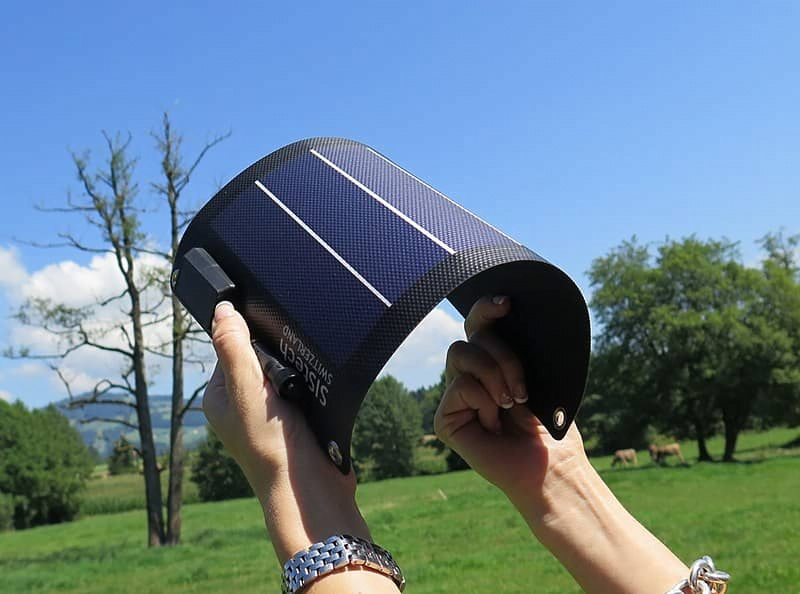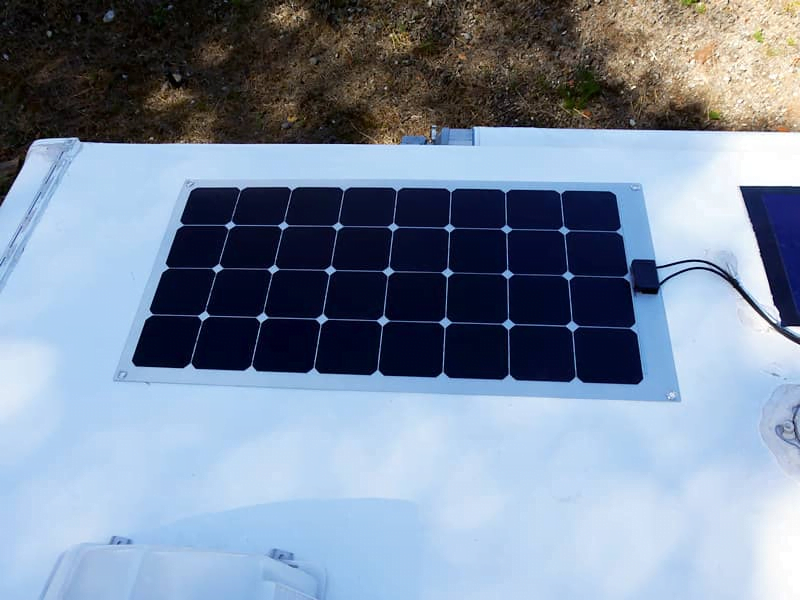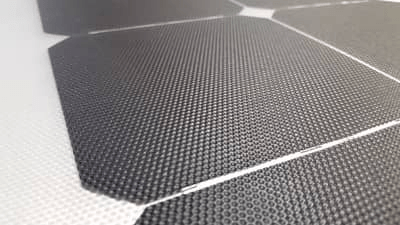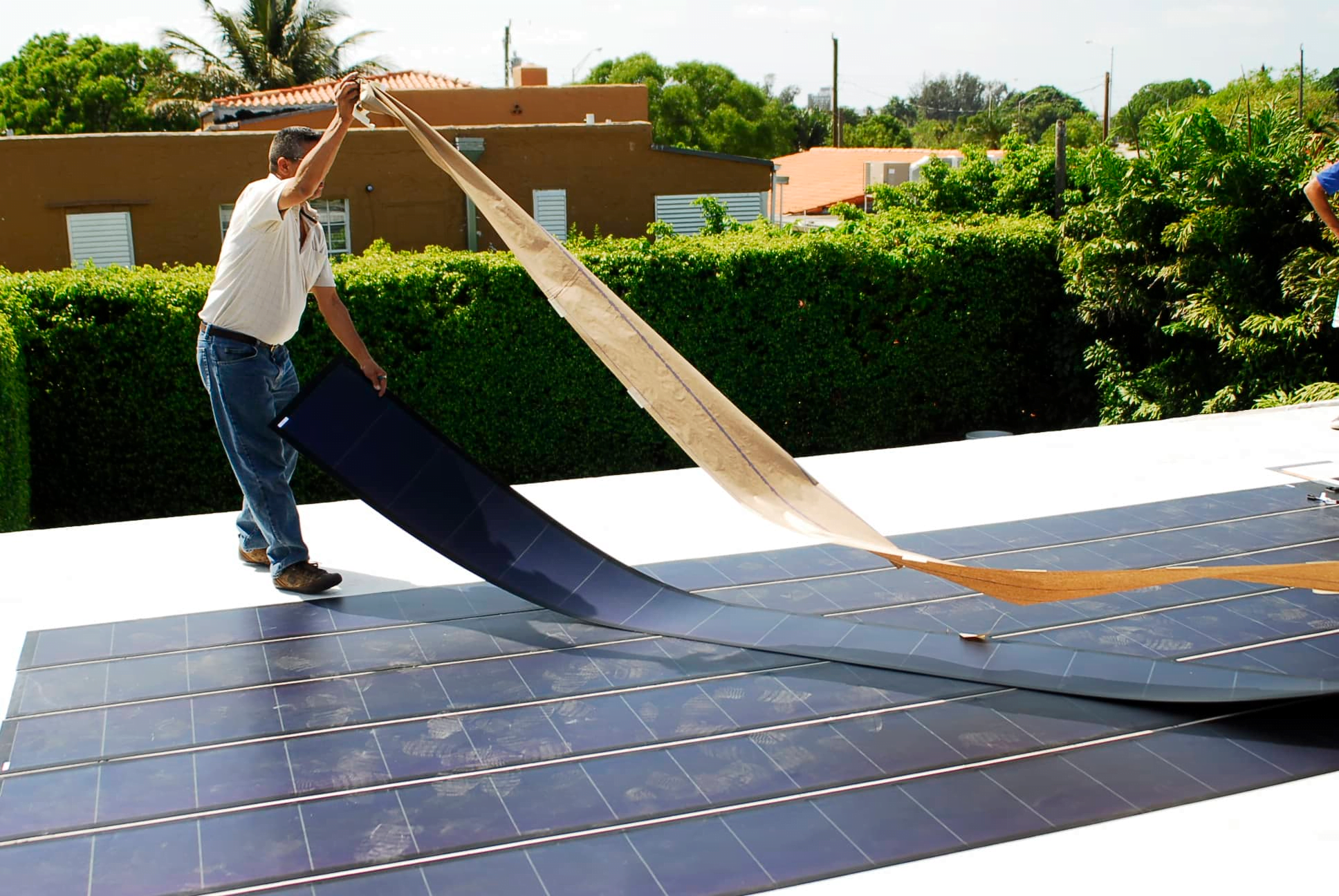Flexible Solar Panels South Africa: Harnessing the Sun’s Growing Potential
Solar energy is taking over the global energy landscape, offering a sustainable solution to the growing demand for electricity. Among the various types of solar technologies, flexible and portable solar panels are gaining significant attention for their high efficiency, flexibility, waterproof performance, aerodynamic design, and portability, making them suitable for a wide range of uses such as on 4×4 vehicles, RVs, yachts, and outdoor use for powering fridges and batteries. In the following article we will look into whether a flexible solar panel is a solution for you, especially in South Africa, a country with more than enough sunlight and a pressing need for reliable, renewable energy sources.
The Need for Solar Energy in South Africa
South Africa’s energy sector faces numerous challenges, including frequent power outages and heavy reliance on fossil fuels (I’m sure you don’t need me to tell you that). The country’s vast solar potential presents a promising solution to these issues. Solar energy not only addresses energy shortages but also goes hand in hand with global environmental goals by reducing carbon emissions. The South African government has at least recognized this potential, implementing policies and incentives to promote solar energy adoption which all South Africans should be using to their advantage.
What are Flexible Solar Panels?
Flexible solar panels, also known as thin-film solar panels, differ from traditional rigid panels in several key ways. Made from materials like amorphous silicon, cadmium telluride, or copper indium gallium selenide, these flexible and portable panels are lightweight, bendable, and can be applied to a variety of surfaces. Unlike their rigid counterparts, flexible solar panels can be installed on curved surfaces, making them ideal for a wide range of applications.
Benefits of Flexible Solar Panels in South Africa
Light Weight and Portability
One of the standout features of flexible solar panels is their lightweight and portable nature, making them an ideal panel for various applications. This characteristic makes them easy to transport and install, especially in areas where traditional solar panels would be impractical. For example, in remote regions of South Africa, transporting heavy, rigid panels can be logistically challenging and costly. Flexible solar panels, however, can be rolled up and easily carried, significantly reducing transportation costs and simplifying the logistics of installation.
Aesthetic Appeal
Flexible solar panels can be seamlessly integrated into building materials, maintaining the aesthetic appeal of modern architectural designs. This feature is particularly attractive for urban environments where preserving the visual integrity of buildings is important. These panels can be incorporated into roofs, facades, and even windows without compromising the structure’s appearance and can work well in a grid tied set up.
Rapid Deployment
The ease of installation and minimal infrastructure requirements make flexible solar panels ideal for rapid deployment for temporary situations like camping or travelling off grid. In emergency situations like disaster-hit areas or during temporary events, these panels can quickly provide essential power, supporting emergency services and aiding in recovery efforts.
Low Maintenance
Flexible solar panels require less maintenance compared to traditional panels. Their design reduces the likelihood of damage from wind or debris, and they are less prone to issues such as cracking or breaking. Routine cleaning and occasional inspections are typically sufficient enough to keep them operating properly, further reducing long-term maintenance costs.
Scalability
Flexible solar panels offer excellent scalability. They can be used in small, individual installations or scaled up for large solar farms. This flexibility allows for tailored energy solutions that can grow with the needs of the user, whether it’s a single household or a large industrial operation.
Environmental Impact
By promoting the use of clean, renewable energy, flexible solar panels help reduce greenhouse gas emissions and dependence on fossil fuels. Their production also tends to have a smaller environmental footprint compared to traditional panels, as they require less material and energy to manufacture. This makes them an even more attractive option for those looking to minimize their environmental impact.
Frequently Asked Questions (FAQs)
Q: Are flexible solar panels as efficient as traditional rigid panels?
A: While flexible solar panels typically have slightly lower efficiency rates compared to rigid panels, advancements in technology are closing this gap. Their versatility, including features like high efficiency, flexibility, waterproof performance, aerodynamic design, and portability, often make up for the difference in efficiency. These solar panels are suitable for a wide range of applications, including 4×4 vehicles, RVs, yachts, and outdoor use for powering fridges and batteries.
Q: Can flexible solar panels withstand extreme weather conditions?
A: Yes, flexible solar panels are designed to be durable and resilient. They can withstand high temperatures, heavy rain, and even hail, making them suitable for the often punishing South African climate.
Q: How long do flexible solar panels last?
A: The lifespan of flexible solar panels can vary based on the quality of the panels and the conditions they are exposed to. On average, they can last between 10 to 25 years, with proper maintenance ensuring you get the most out of it.
Q: What are the maintenance requirements for flexible solar panels?
A: Maintenance for flexible solar panels typically includes regular cleaning to remove dust and debris, periodic inspections to check for damage, and ensuring that the panels are securely attached to their mounting surfaces.
Q: Are there any government incentives for installing flexible solar panels in South Africa?
A: Yes, the South African government offers various incentives and programs to encourage the adoption of solar energy. This can includes a 25% rebate. However, it’s best to check with local authorities, banks, etc. for the latest info as we have seen some rebates being discontinued and it can change.
As South Africa continues to face energy challenges, the adoption of innovative solutions like flexible and portable solar panels has become increasingly important. These panels offer a unique combination of benefits, making them a valuable addition to the country’s renewable energy landscape. By taking the leap and investing in flexible solar technology, you can take a significant step towards energy security for you and your family, environmental sustainability, and economic growth.
Whether you are a homeowner, a business owner, or part of a community looking for reliable and clean energy solutions, flexible solar panels are a versatile and practical option. The future of energy in South Africa is bright, and with the right choices and investments, it can be sustainable as well. Consider how you can add to your energy solutions with flexible solar panels, making your contribution to a greener future.





